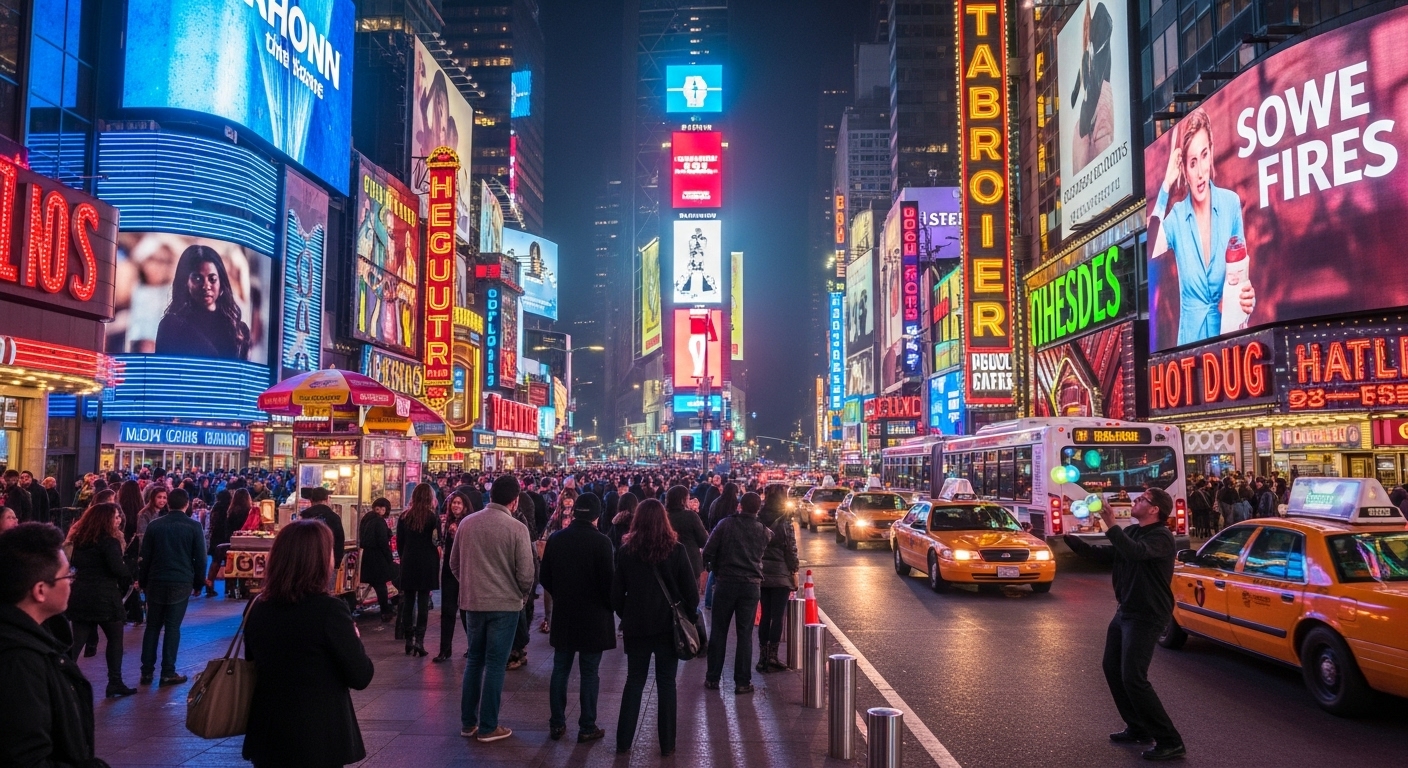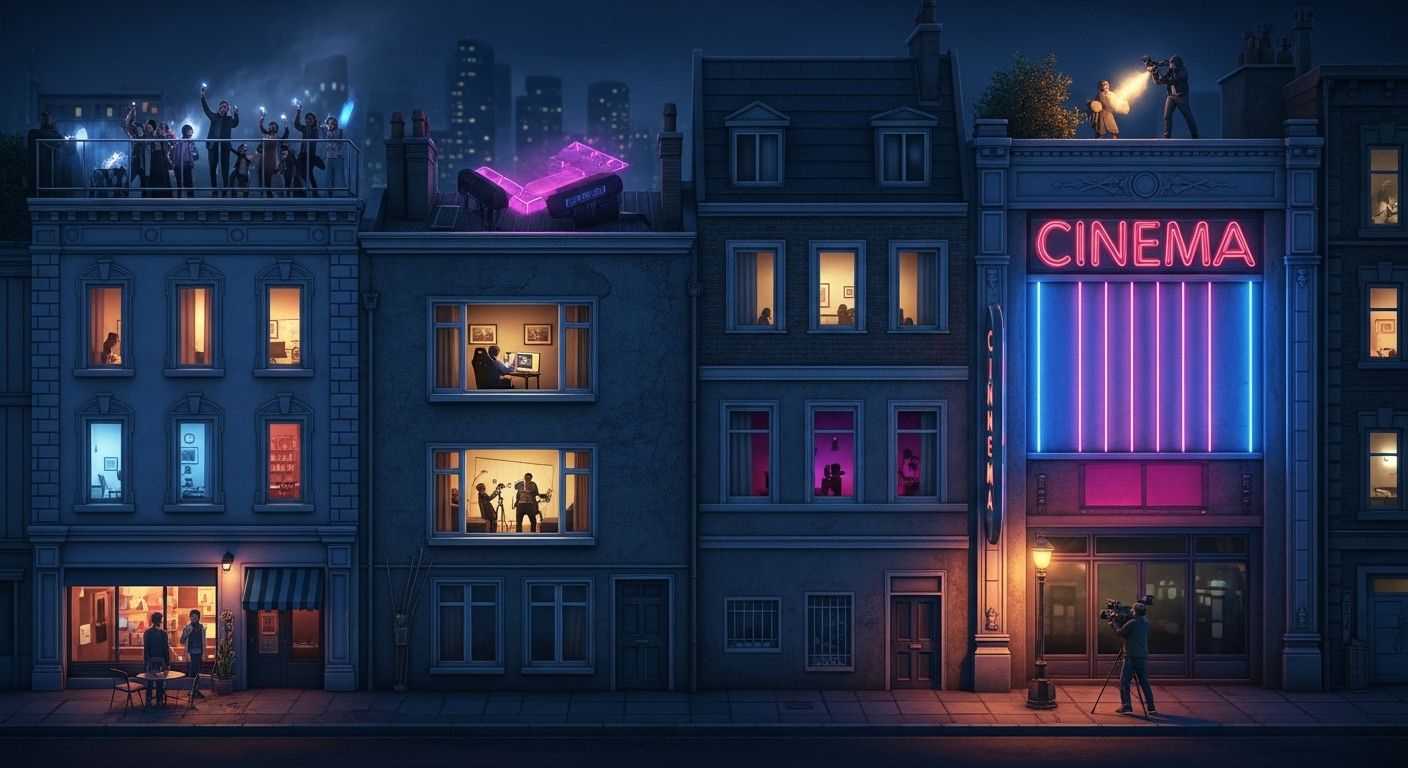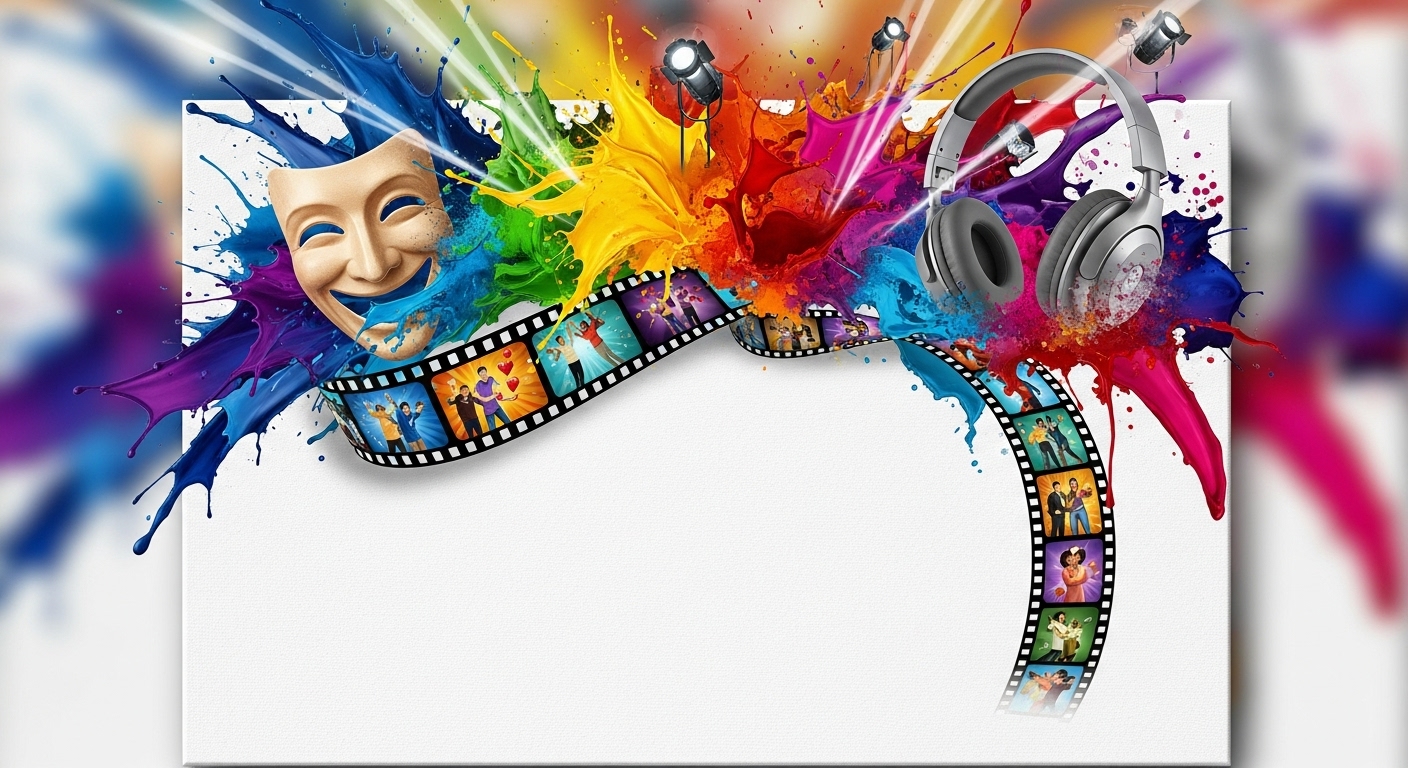In the rapidly evolving world of entertainment, the ways in which we experience art, storytelling, and culture are changing. Gone are the days when our only options were TV shows, movies, or theater performances. Today, entertainment is dynamic, multi-sensory, and often interactive. With the rise of digital platforms, social media influencers, and cutting-edge technologies, entertainment is not just something we passively consume—it’s an experience we actively engage with. This blog post will explore the various ways entertainment has transformed and what the future holds.
The Shift from Passive to Active Entertainment
In the past, entertainment was largely a passive activity. We sat in front of a screen, whether it was the television, cinema, or theater, and absorbed the content being presented to us. While these experiences still hold immense value, the landscape has changed dramatically with the advent of digital technologies and interactive media.
Now, entertainment is more participatory than ever. Video games, for example, have become an immersive form of entertainment where players don’t just watch stories unfold—they are the ones shaping the narrative. With the rise of online multiplayer games, platforms like Twitch and YouTube, players can now connect and compete in real-time with others across the globe. Virtual reality (VR) and augmented reality (AR) are pushing this even further by placing users directly into the worlds they’re exploring, making them active participants rather than mere observers.
The Digital Entertainment Boom
The explosion of digital platforms has changed the way we consume entertainment. Traditional television channels and movie theaters still exist, but streaming services like Netflix, Hulu, Disney+, and Amazon Prime Video have revolutionized the way we watch films and series. On-demand content has given us the power to choose when, where, and what we watch. This shift has also led to a boom in original content production, with streaming platforms producing their own critically acclaimed shows, documentaries, and films.
Furthermore, the rise of social media platforms like TikTok, Instagram, and Snapchat has introduced an entirely new form of entertainment. Short-form content has become the norm, with creators using these platforms to share their work, connect with their audiences, and even go viral. These platforms are no longer just spaces for communication; they have become an integral part of the entertainment industry, with influencers, musicians, and even traditional celebrities harnessing their power to reach wider audiences.
The Age of Immersive Entertainment
Entertainment is no longer confined to the traditional formats of movies and music. The boundaries are being pushed through immersive technologies, including virtual reality (VR) and augmented reality (AR). These innovations have opened up new dimensions of storytelling, where the audience is no longer just an observer but an active participant in the experience.
In the world of VR, users can explore fantastical landscapes, interact with characters, and engage in complex narratives that evolve based on their decisions. Imagine entering a horror story where your actions could determine the outcome, or experiencing a historical event as if you were actually there. This level of immersion is what makes VR so unique—it turns entertainment into something personal and unforgettable.
On the other hand, AR is starting to change the way we experience the real world by overlaying digital elements onto our physical environment. Games like Pokémon Go have shown how AR can bring an entirely new dimension to entertainment, blending the digital world with reality. As technology continues to advance, we can expect more interactive and immersive experiences that will blur the lines between the real and virtual worlds.
The Evolution of Social Media Influencers
Social media influencers have become a significant force in the entertainment industry, reshaping how content is created and consumed. Platforms like YouTube, Instagram, and TikTok have given rise to new kinds of celebrities—people who gained their fame and following through digital content rather than traditional media channels.
These influencers are not just entertainers; they are trendsetters, business owners, and content creators who understand the nuances of their audiences. They engage with fans directly, share their lives, and often create content that resonates deeply with specific communities. In fact, some influencers have become so popular that they are able to land brand partnerships, release merchandise, and even secure TV shows or movie roles.
What’s fascinating about the rise of influencers is the way they are reshaping our expectations of celebrity. Instead of relying on media outlets to tell us who the “stars” are, we now have the power to choose who we follow and support. This has democratized fame in a way that was never possible before.
The Future of Entertainment: What’s Next?
As we look to the future, the possibilities for entertainment seem limitless. Advancements in technology—especially in AI, 5G, and machine learning—will continue to drive innovation. We’re already seeing AI-generated music, film scripts, and even deepfake technology allowing for hyper-realistic performances. The rise of 5G will make streaming, gaming, and immersive experiences faster and more accessible, further enhancing the way we engage with content.
In the realm of gaming, cloud gaming platforms like Google Stadia and Xbox Cloud Gaming are making it possible for players to enjoy high-quality games without the need for expensive hardware. This means that gaming could soon be available to anyone with an internet connection, turning it into a truly global experience.
Moreover, as we continue to experiment with mixed reality (MR)—which blends both VR and AR—entertainment will become even more interactive and personalized. Imagine attending a live concert, where you can choose to view the show from any angle or even switch to a completely different stage for a more intimate experience. The line between physical and digital experiences will continue to blur, offering new ways to experience and interact with content.
Conclusion
The entertainment industry has evolved beyond recognition in just a few decades. What once started as a passive, limited experience is now a dynamic, interactive world where technology and creativity merge in ways that were once the stuff of science fiction. As we look ahead, it’s clear that entertainment will continue to be shaped by technological advancements, social media trends, and the endless possibilities of immersive experiences. Whether through virtual reality, digital influencers, or on-demand streaming, the future of entertainment is all about engagement, participation, and connection. What’s certain is that the journey is far from over—and it’s one we’re all a part of.



